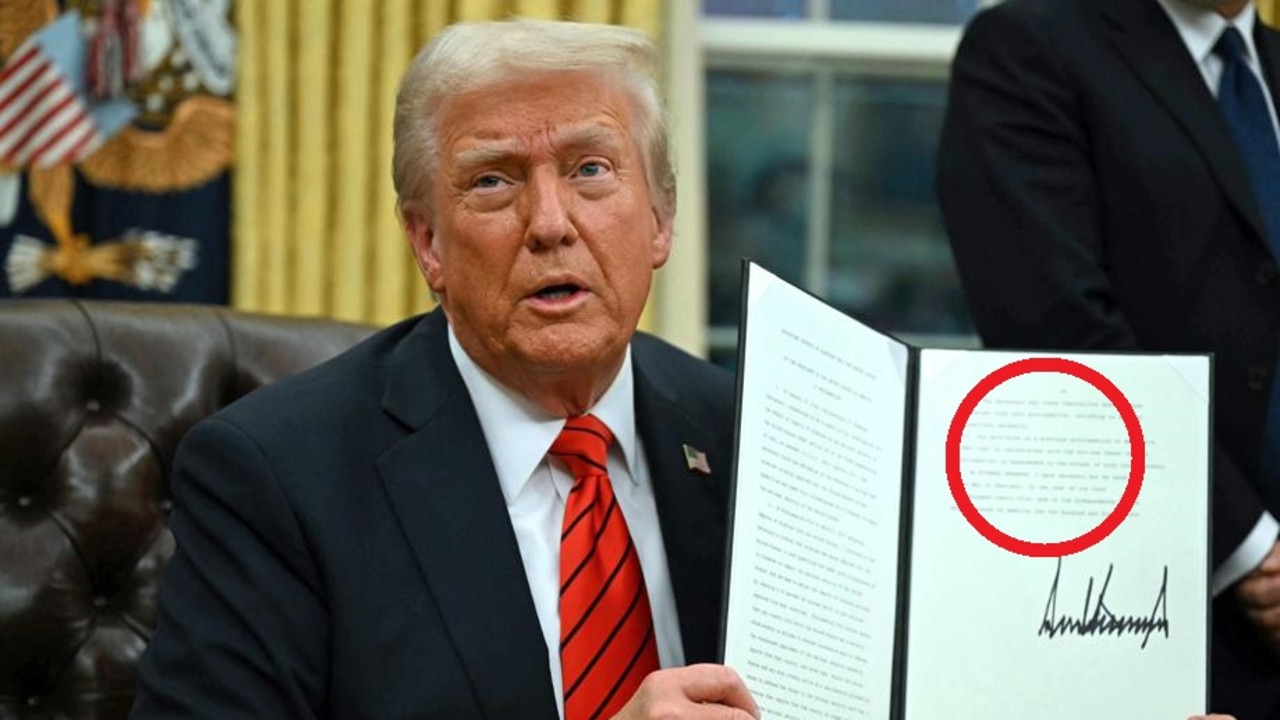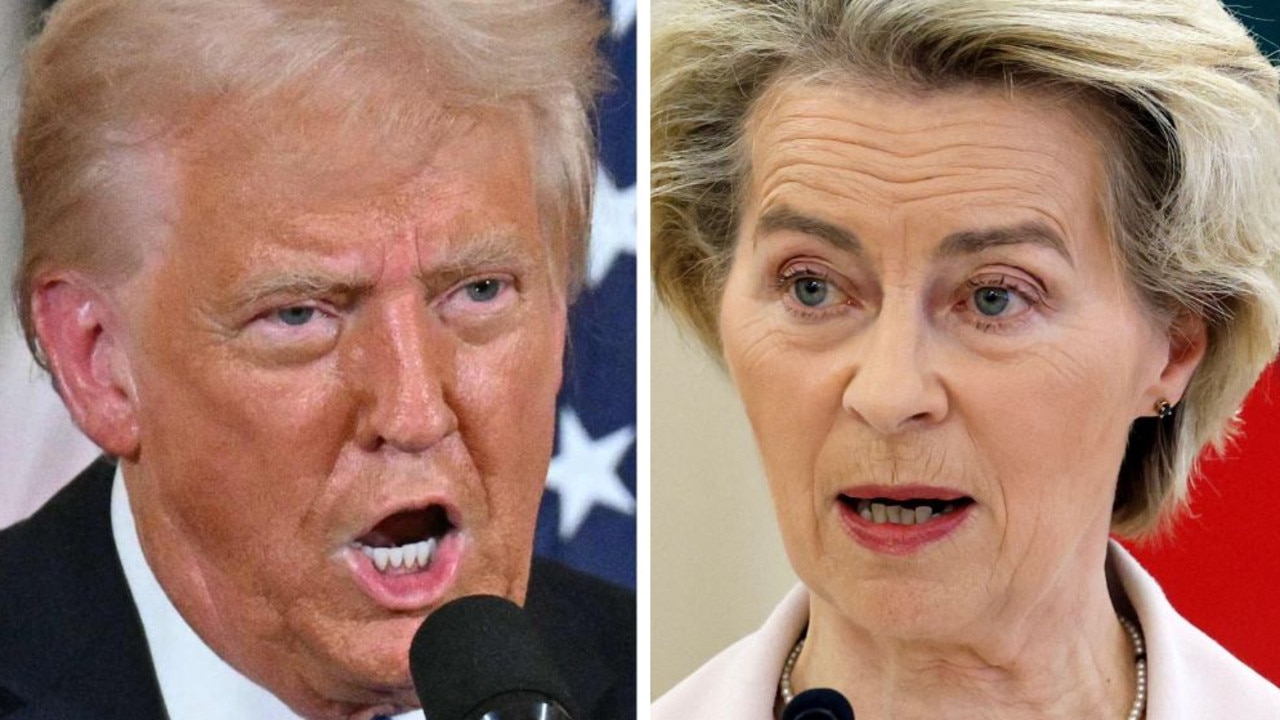Australian Government urged to evacuate Afghans who helped our troops, now caught in Taliban crossfire
Australia is running against the clock to save former Defence Force employees who helped our troops in Afghanistan, now being hunted by the Taliban.
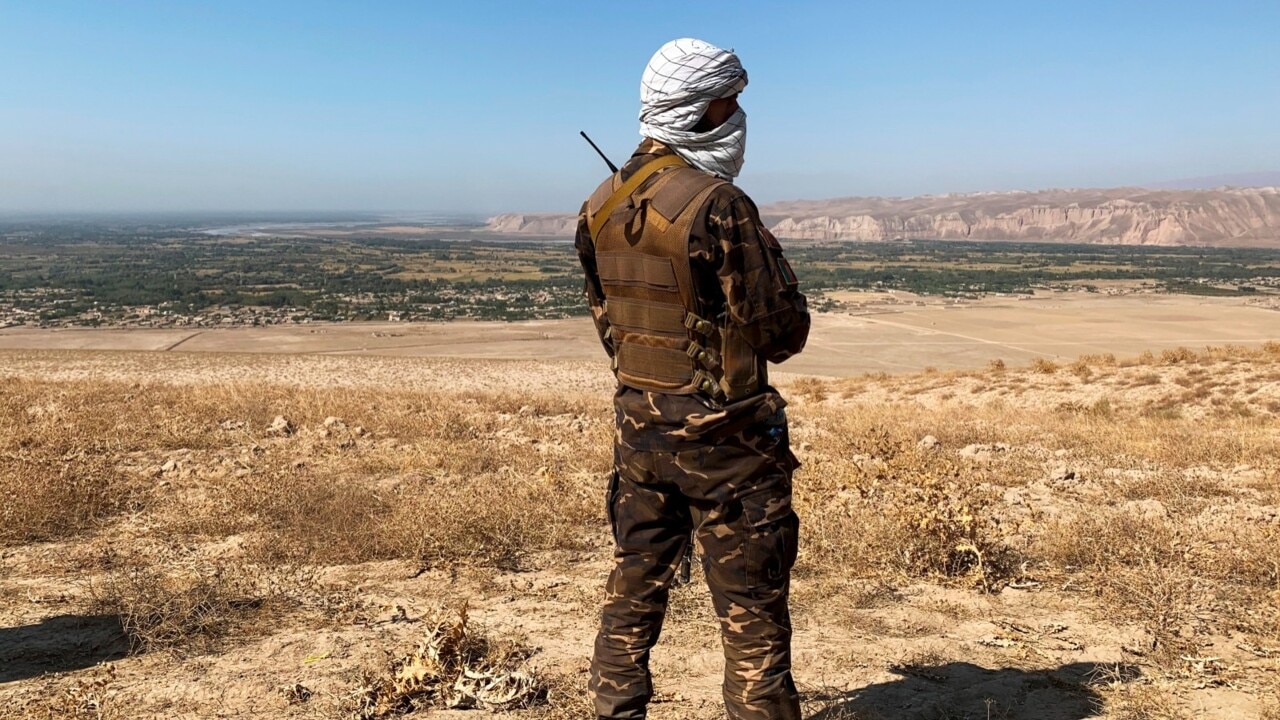
World
Don't miss out on the headlines from World. Followed categories will be added to My News.
The Australian Government is facing increased calls to urgently assist Afghan employees who helped our troops during the two-decade conflict, now caught in the crossfire of increased Taliban activity.
The terror group’s dominance in Afghanistan has ramped up in recent weeks following the withdrawal of western military forces.
The Taliban has captured the nation’s second and third-largest cities, Herat and Kandahar, as well as the southern stronghold of Lashkar Gah.
Two local officials in Afghanistan’s southern Uruzgan province this week surrendered Tarin Kowt, the former base of Australian soldiers, to the Taliban, according to reports.
Officials believe the takeover now means the organisation holds control of more than a third of the war-torn nation’s provinces.
Afghan civilians who worked alongside Australians troops for years are trapped, with advocates claiming hundreds, including former interpreters and staff, are still waiting for Australian visas.
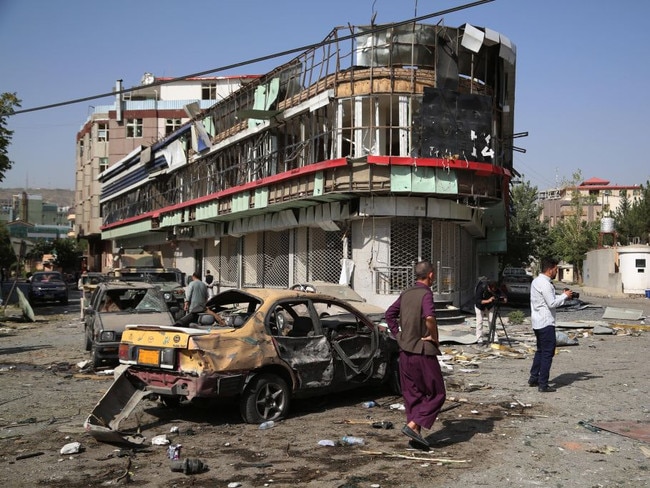
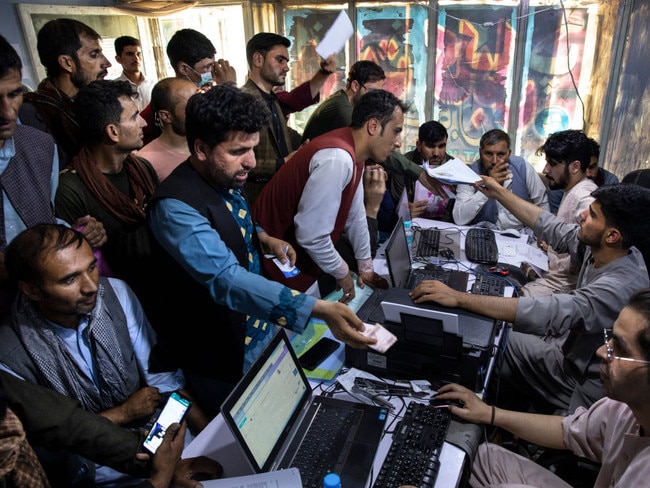
Prime Minister Scott Morrison this week revealed the government was “liaising very closely, particularly with the United States and others who are engaged in that area” in search of a peaceful outcome.
The PM said the Defence Force would be used “when necessary to assist in securing that outcome”.
Defence Minister Peter Dutton is reportedly at work with Immigration Minister Alex Hawke and Foreign Minister Marise Payne to expand the number of Afghans caught in the crisis who could be eligible for an employee or humanitarian visa.
Some 1800 Afghans who were engaged by Australian forces have been granted Australian visas.
That number excludes each former employee’s family, with more than 570 other visas granted the past four months alone.
“The Australian government is working swiftly to ensure each case is considered and those at risk of harm who meet visa requirements are resettled to Australia as soon as possible,” the Department of Home Affairs said in a statement, revealing the government had just 50 Locally Engaged Employee (LEE) visa applications left to process.
Ex-Afghanistan army officer Jason Scanes told SBS News he was aware of at least 100 former interpreters, his mates, who are still waiting for their certification.
“It‘s really heartbreaking and concerning to know you still got your mates left behind there,” Mr Scanes said.
Kabul-based co-ordinator for the Asia Displacement Solutions Platform Evan Jones said the Afghan capital has seen a significant rise in people fleeing the Taliban-hit regions in recent weeks.
“There is concern that once one embassy closes, it may result in the closure of others,” Mr Jones said via the Sydney Morning Herald.
“It’s not uncommon for someone who works for one place to also work for the Dutch embassy, or for the Americans. They absolutely would not publicise that because obviously that would be putting themselves at risk.”
However, experts outside the government’s crisis meetings claim there is confusion over the eligibility of Afghan workers to receive assistance. Professor of international security and intelligence at the ANU John Blaxland said the parameters for what constituted a “locally engaged employee” was muddy.
“Some of these people had less formal connections to the Australian network in Afghanistan through being secondary contacts, but were instrumental in facilitating Australia’s engagement there on the various programs, be it military, aid or police,” he said.
“The window for having them out seems to be closing rapidly, and in part that’s because we helped add momentum to the unravelling. We walked away, we closed our embassy.
“It’s not too late, but I’m hoping there is some work going on behind the scenes that is going to make Australians proud – to go the extra mile at the 11th hour to help out those who have helped us.”
For some on the ground, the delays in visa approval for affected workers is confusing, given a majority had already received security clearances.
“These guys have held all of the biometric and security clearances from the ministry of interior now for years,” Patrick Ryan, who used to work at the Australian embassy in Kabul, said.
“Those clearances were good enough for these guys to hold automatic weapons in close proximity to our diplomats and politicians.”
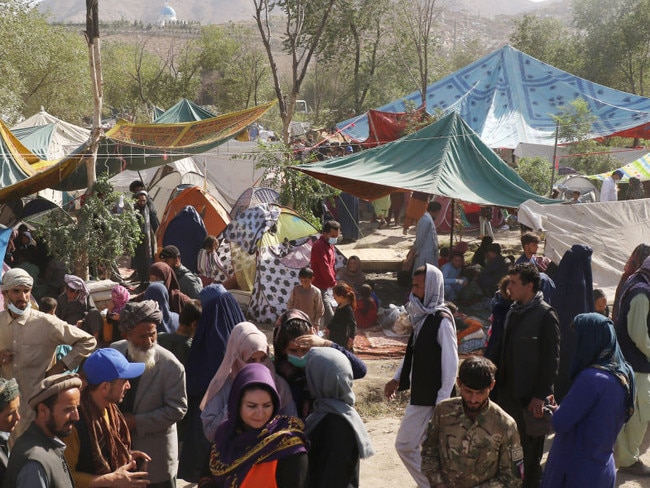
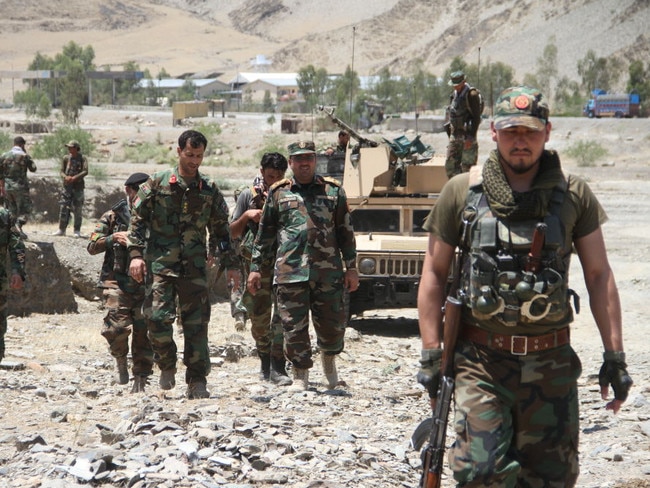
The mounting catastrophe, which has left the power of the official Afghanistan government in tatters, has begun to create headaches for overseas leaders. UK media revealed Boris Johnson will meet with defence officials to “discuss the current situation in Afghanistan” in the coming days.
Former armed forces Minister Johnny Mercer labelled the military retreat as “deeply humiliating”, apologising to those affected in the hardest hit regions of Afghanistan.
“For those of us who committed a long time of our lives – but particularly for those who lost people over there – to watch this happening … it’s heartbreaking,” Mr Mercer told Sky News this week.
The United Nations refugee agency on Friday called on Afghanistan’s neighbours to keep their borders open to avoid a humanitarian disaster.
“An inability to seek safety may risk innumerable civilian lives. UNHCR stands ready to help national authorities scale up humanitarian responses as needed,” a spokesperson for the UN High Commissioner for Refugees told a briefing in Geneva.
UK Liberal Democrats leader Ed Davey claimed Afghanistan is “spiralling towards a devastating civil war”, warning “millions of women and girls facing medieval brutality” under the violent rule as the Taliban continues to close in on Kabul.
Former international development secretary Rory Stewart placed blame on western governments for “unrealistically” believing the Afghanistan security forces could hold off the Taliban on their own, insisting “we have essentially created another Syria overnight”.
“This is our fault,” he told the UK Independent. “This is a horrifying group associated with terrorists, they have been backing suicide bombing in the areas they control, women are not going to school and it is a total betrayal by the US and the UK.”
Originally published as Australian Government urged to evacuate Afghans who helped our troops, now caught in Taliban crossfire

